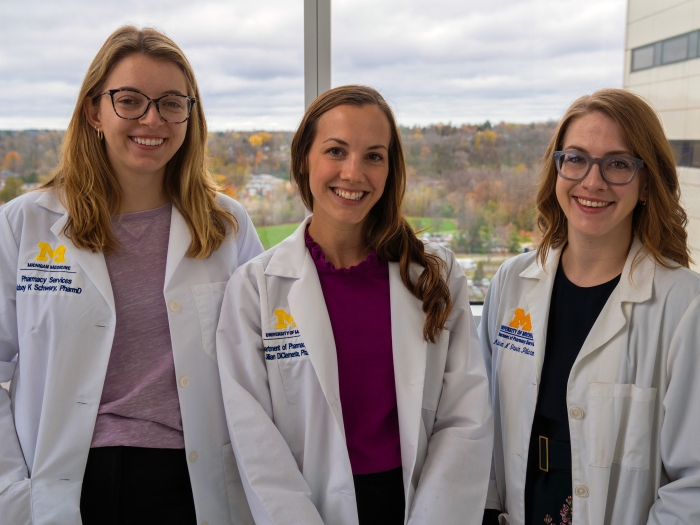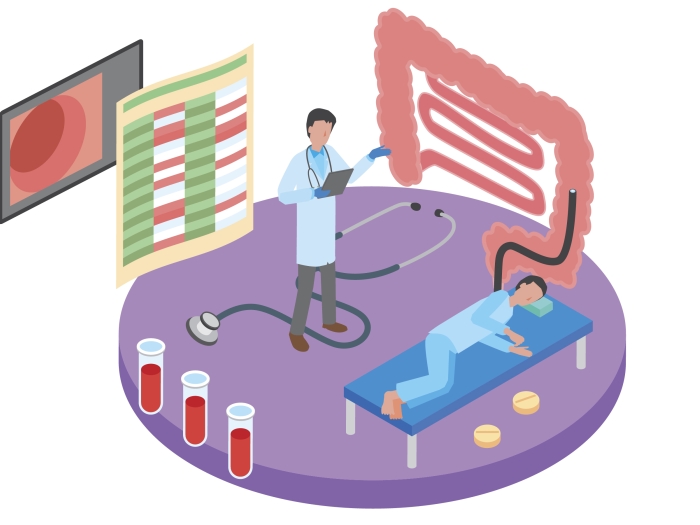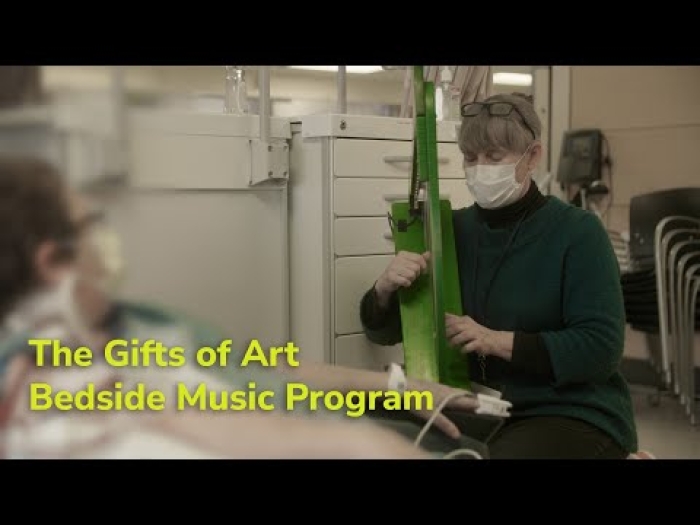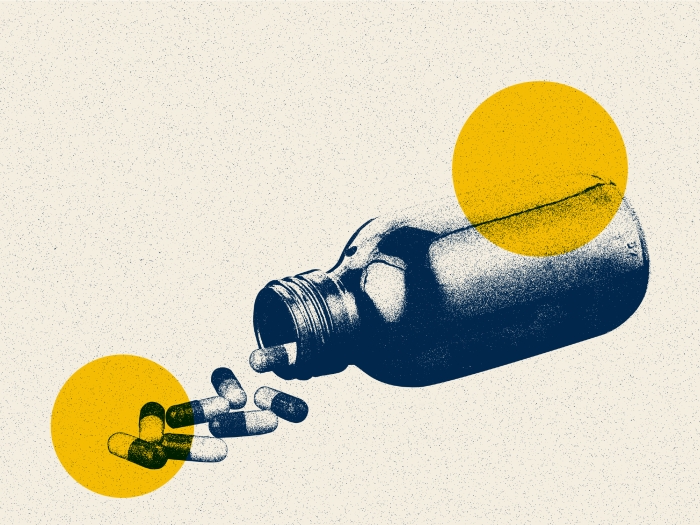Chief concern course gives M1s an early look at clinical reasoning
Author |

When Genevieve Allen, now an M3, began her clinical years and was required to interpret lab results, the undertaking felt familiar to her. That's because she had learned the skill in her first year of medical school as a student in the chief concern course (CCC), in which preclinical students review actual patient cases.
In this class, part of the Medical School's new curriculum, students learn how to think about a patient's chief concern and reason through the clinical presentation to discover what is at the root of each patient's problems. "Chief concern" is the terminology because the course leadership intentionally moved away from the more common "chief complaint" to show greater respect for the patient and his or her medical issues.
"I think it helps by getting people to start a different way of thinking in the preclinical part of the curriculum, and I think that will make us better physicians," says Allen. "I know that I am much more capable of thinking like a physician because of the CCC."
Playing physician-detective requires the students to combine pattern recognition and analytical skills, says Sandro Cinti, M.D. (Residency 1995, Fellowship 1998), co-director of the CCC. "The students know they need to keep their minds open to the universe of science and medicine because we are presenting cases from a variety of disciplines," he says. "We discourage overly compartmentalized thinking by crossing organ systems."
The CCC has been a big hit among students and has gained recognition around the Medical School and the university, winning the 2017 U-M Provost's Teaching Innovation Prize.
"This is one of the ideal times for introducing clinical reasoning into the students' medical education," says Michael Cole, M.D., co-director of the course. "It gives them a way of bringing together the seemingly disparate facts they are learning in other first-year classes to apply them to the clinical practice of medicine."
The CCC also incorporates technology and emphasizes the importance of working well with other students. "We were able to work in teams, in a way that is difficult to simulate in a lecture format," Allen says. "This will be very helpful when we are physicians, working in teams with different personalities and expertise."
Students learn many significant lessons in the class, perhaps most importantly that they aren't always right. "They are okay with getting the wrong answer and learning from that," Cinti says.





